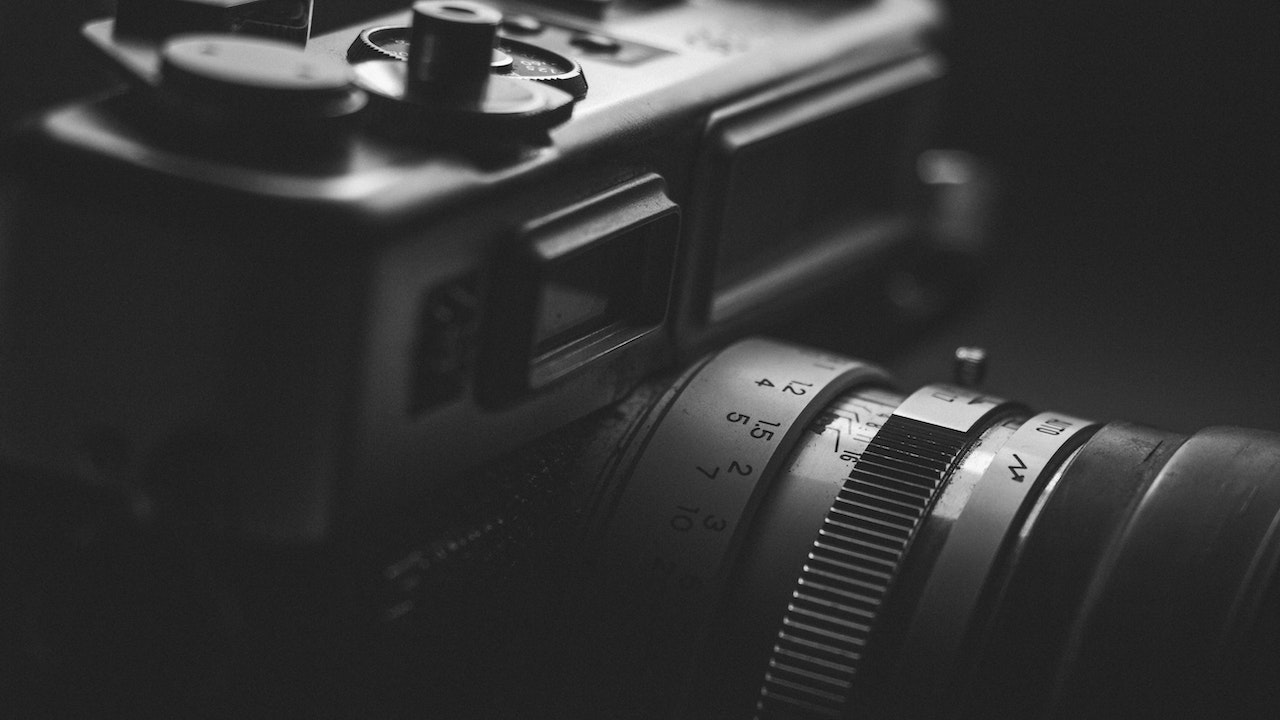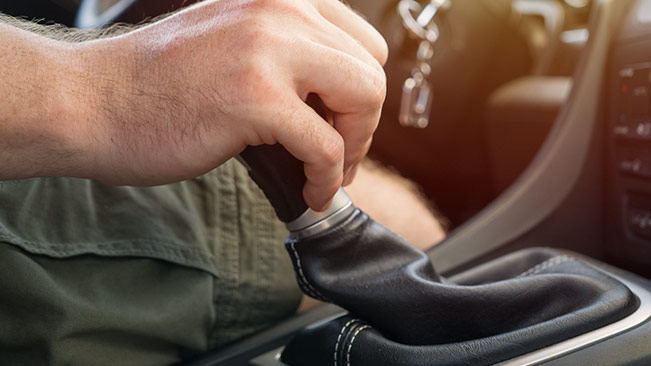The opportunity for a long-term, financially rewarding career with varied work, flexible hours, and a strong sense of autonomy may lie in starting your own photography business. You’ve come to the right place if you want to turn your creative passion into a successful business.
Nowadays, photography is a very popular career choice. Many young people are turning away from 9-5 jobs in favor of a more flexible, self-employed lifestyle. Partly due to the availability of high-quality camera equipment (made easier to acquire through the large second-hand market).

It’s harder to stand out as a photographer, but don’t let that stop you from starting your own business. Instead, refer to our step-by-by-step instructions to get started.
1. Creating A Business Strategy
All business owners, including one-person photography studios, should create a business plan. It is imperative that you have a business plan if you want to clearly define your offerings, identify your target audience, and determine your pricing.
Taking the time to think about these issues now will allow you to start and grow your business to the heights you’ve always wished for. In addition, it doesn’t have to be a time-consuming or tiresome procedure.
Also Read: Local Photographer Debuts First Film ‘Where There Once Was Water
2. Decide On A Niche To Focus On
When starting your own photography business, you’ve probably already given it some thought.
Determine your primary genre(s) if necessary. Choosing one isn’t necessary; however, it’s important to maintain some sort of focus. Who you are and what you want to be known for are two of the most important questions you can ask yourself. Maybe you are into selling digital cameras for event coverage. Or you can be the next top ptz camera manufacturer, who knows?
As a photographer, it’s important to find your niche to build a strong brand and reputation in your area of expertise.
3. Determine The Startup Costs
As part of your business preparations, you’ll want to figure out what it will cost to get your venture off the ground. Before you can start your business, what are the necessities?
Farren estimates that the cost of camera equipment alone can be as high as $10,000. In addition, you will require various business licenses, insurance, a website, and accounting software such as QuickBooks or Xero.
4. Obtain Early-Stage Capital
Even if you have enough cash in your bank account to start your own business, many entrepreneurs still need financial help. If you’re going it alone, you will need the help of family and friends.
An effective business plan will help you secure funding from family and friends, as well as a bank loan. By outlining exactly how you will use the money and how you intend to repay your lenders, things will get easy.
5. Get Experience In The Workplace
An experienced photographer will be able to show your potential clients what you can do, and this will help you build your own portfolio.
As important as the experience you gain is creating a portfolio of your work to show that you are competent in the field. Your portfolio should reflect the interests of your target audience. In order to attract new clients, you should keep your website current.
6. Set Up A Camera And Other Photography Gear
Your camera gear is an important investment in your business. So make sure it is of high quality and reliable construction and that you are comfortable using it. You can deal with a reputable modeling firm that deals in quality plastic products. For example, a medical plastic injection molding producer might help you in this case.
A starter kit should include two cameras, a variety of lenses, a high-quality flash or a quality bulk led light strips, a tripod, and photo-editing software like Photoshop or Lightroom. It all depends on your area of expertise.
In your business plan, you should include the costs of your equipment and anticipated costs for upgrades or replacements so that you can plan and budget accordingly.
7. Spend The Money On A Great Website
You’ll need a website to get your photography business off the ground. Despite the fact that there are many free website templates available, a website is like a storefront. Consider hiring a professional to design your website if you want it to look its best.
Of course, your work should be on display on your website. Your customers expect to see this. Organize your site by categorizing your galleries. Include a photo of yourself and a page outlining your educational and professional history.
8. Develop A Portfolio Of Work
Your photography portfolio is an important part of your website because it will likely make up the bulk of your website’s content.
As a photographer, it may be time to set out on a journey of exploration to build a collection of images that reflect your interests and expertise. This could mean applying for a photographer’s pass to an event so you can take pictures for a magazine you’ve pitched, taking pictures of a friend’s wedding or house if they’re selling it, or being a second photographer for several of those certain photographer contacts.
Also Read: Do I Need a Powerful Computer for Photo Editing?
Conclusion
It’s important to keep your photography skills and knowledge up to date because photography equipment and its technical capabilities are constantly evolving. Spend some time reading blogs and participating in online communities to pick up tips and tricks from other experts in the field.
When you run your own photography business, you’re simultaneously a freelancer, a director at large, a financial officer, and a start-up entrepreneur. A rewarding and autonomous career can be achieved with hard work and dedication, even if it’s not the easiest or most glamorous one.






